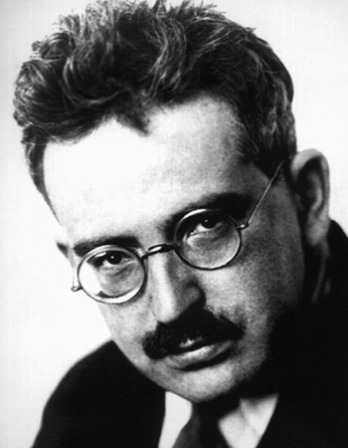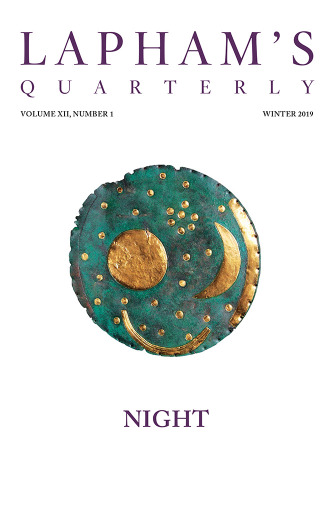There are more things, Lucilius, likely to frighten us than there are to crush us; we suffer more often in imagination than in reality. I am not speaking with you in the Stoic strain but in my milder style. For it is our Stoic fashion to speak of all those things that provoke cries and groans as unimportant and beneath notice.
But you and I must drop such great-sounding words, although heaven knows they are true enough. What I advise you to do is not to be unhappy before the crisis comes, since it may be that the dangers before which you paled as if they were threatening you will never come upon you; they certainly have not yet come. Accordingly, some things torment us more than they ought; some torment us before they ought; and some torment us when they ought not to torment us at all. We are in the habit of exaggerating, imagining, or anticipating sorrow.
Let us then look carefully into the matter. It is likely that some troubles will befall us, but it is not a present fact. How often has the unexpected happened! How often has the expected never come to pass! And even though it is ordained to be, what does it avail to run out to meet your suffering? You will suffer soon enough when it arrives, so look forward meanwhile to better things. What shall you gain by doing this? Time. There will be many happenings meanwhile that will serve to postpone, end, or pass on to another person the trials that are near or even in your very presence. A fire has opened the way to flight. Men have been let down softly by a catastrophe. Sometimes the sword has been checked even at the victim’s throat. Men have survived their own executioners. Even bad fortune is fickle. Perhaps it will come, perhaps not. In the meantime it is not. So look forward to better things.
The mind at times fashions for itself false shapes of evil when there are no signs that point to any evil. It twists into the worst construction some word of doubtful meaning. Or it fancies some person’s grudge to be more serious than it really is, considering not how angry the enemy is, but to what lengths he may go if he is angry. But life is not worth living, and there is no limit to our sorrows if we indulge our fears to the greatest possible extent. In this matter let prudence help you, and contemn fear with a resolute spirit even when it is in plain sight. If you cannot do this, counter one weakness with another and temper your fear with hope. There is nothing so certain among these objects of fear that it is not more certain still that things we dread sink into nothing and that things we hope for mock us.
From Moral Letters to Lucilius. After being exiled to Corsica by Claudius in 41, Seneca was recalled to Rome in 49 and made the tutor of Nero, whom he later served as a political adviser. His essayistic epistles to Lucilius, a fellow member of Nero’s imperial staff, detail much of Seneca’s Stoic philosophy. In 65 Nero demanded that he commit suicide for purported involvement in a conspiracy. Seneca slit his veins, dictated a dissertation, drank hemlock, and died in a vapor bath.
Back to Issue




